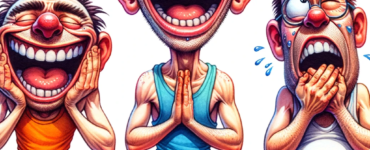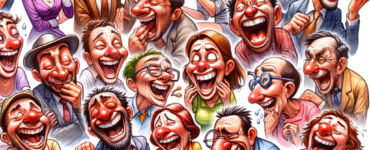Did you know that listening to your favorite tunes or playing an instrument could actually boost your health? It’s not just something that feels good and kills time; music has a profound, science-backed impact on your body and mind. But what kind of sorcery does music hold to make us feel better, you might wonder?
It turns out, a lot. Research has shown that music can have several health benefits, from improving mental health1 to helping with physical rehabilitation2. For instance, a study has found that music therapy can significantly reduce anxiety and improve mood in people undergoing medical treatments like surgery3.
Furthermore, music isn’t just a mental balm; it has physical perks as well. Listening to music can potentially reduce heart rate, blood pressure, and even pain perception4. These benefits suggest music’s power to affect our physiological states directly, acting as a natural antidote to stress and pain.
But how exactly does music achieve these feats? It appears to be related to how music influences brain activity. Neurological studies have highlighted music’s role in activating parts of the brain linked to emotion, which could partly explain its capability to affect mood and stress levels5. Furthermore, engaging with music, like playing an instrument or singing, can enhance cognitive functioning and even boost brain plasticity6.
For those dealing with cognitive impairments or dementia, music offers a unique therapeutic potential. Music therapy has been shown to improve cognitive function, reduce agitation, and enhance the quality of life for individuals with dementia7. This suggests that music doesn’t just hold a transient effect on emotions but can also contribute to long-term cognitive and emotional wellness.
Interestingly, the physical act of making music has its own set of health merits. Group musical activities, like choir singing or band practices, can foster social connections and support. These communal music-making experiences have been linked to improved self-esteem and social cohesion8.
Therefore, whether through lifting our spirits, easing physical pain, or enhancing cognitive functions, the healing power of music is an astonishing, multifaceted tool for wellness. Its ability to transcend mere entertainment and profoundly impact our health is a testament to music’s universal language of healing. Let the music play, and may its rhythms and melodies guide you to a healthier, happier state of being. Embrace the melodious journey towards wellness, for in every note and chord, there lies a potential spark of healing.
- https://www.health.harvard.edu/blog/can-music-improve-our-health-and-quality-of-life-202207252786 [↩]
- https://www.ncbi.nlm.nih.gov/pmc/articles/PMC8534581/ [↩]
- https://www.ncbi.nlm.nih.gov/pmc/articles/PMC3734071/ [↩]
- Harvard Health Publishing [↩]
- National Institutes of Health [↩]
- https://bmcgeriatr.biomedcentral.com/articles/10.1186/s12877-020-01761-y [↩]
- https://alzres.biomedcentral.com/articles/10.1186/s13195-023-01214-9#:~:text=For%20many%20years%2C%20music%20therapy,isolated%20%5B12%2C%2013%5D. [↩]
- https://www.frontiersin.org/journals/psychology/articles/10.3389/fpsyg.2020.588734/full [↩]







































Add comment